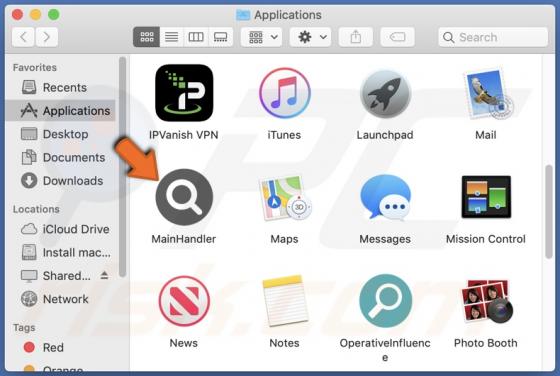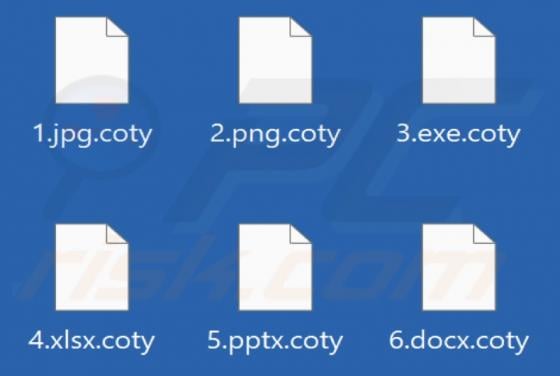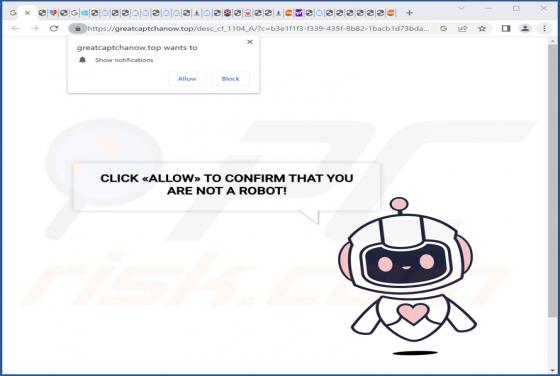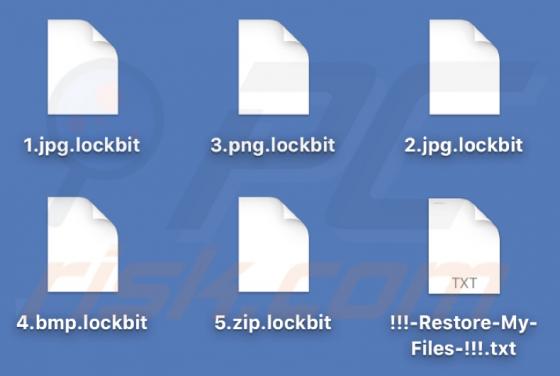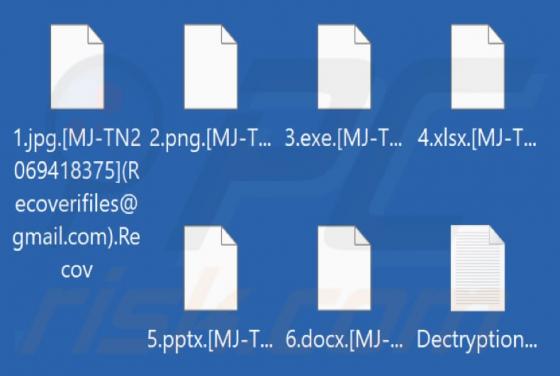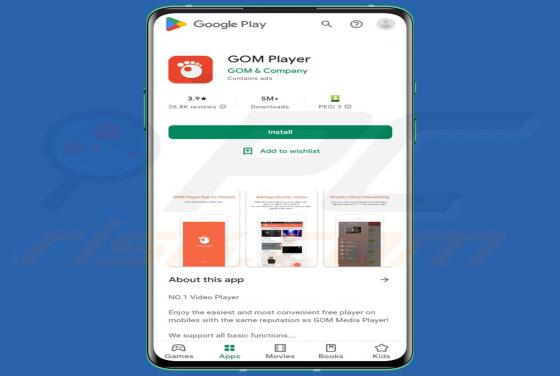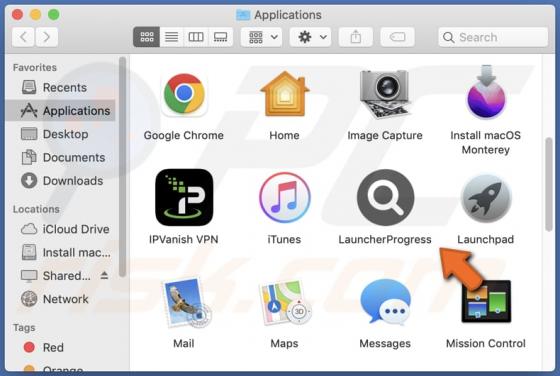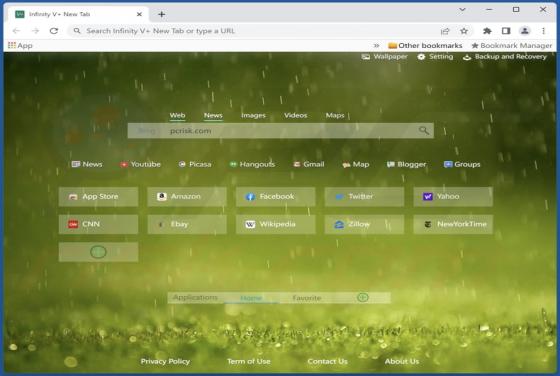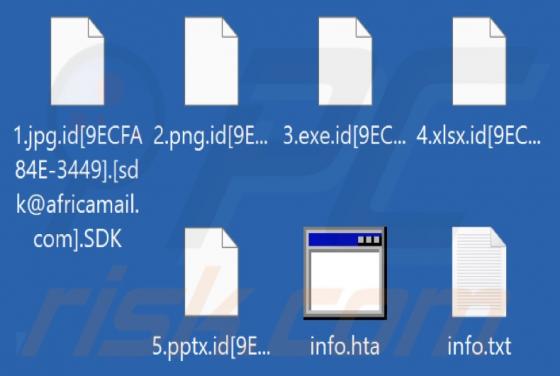
SDK Ransomware
While investigating new submissions to VirusTotal, our researchers discovered the SDK ransomware. This malicious program is part of the Phobos ransomware family. After we executed a sample of SDK ransomware on our testing system, it encrypted files and altered their filenames. Original titles wer
